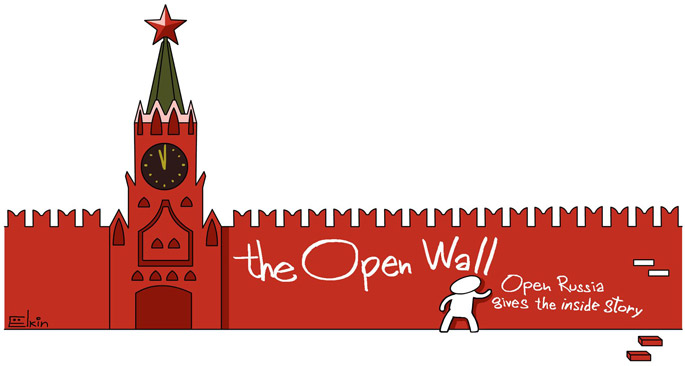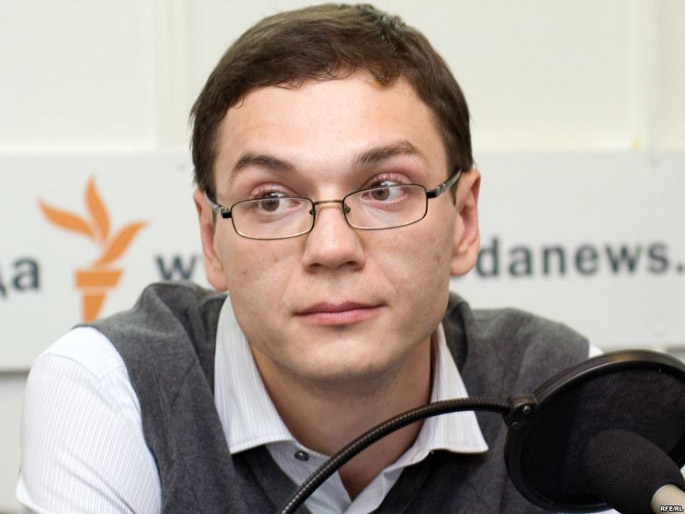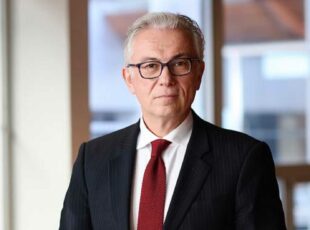Let’s kill all the lawyers

Let’s kill all the lawyers
Last Wednesday, February 10, the Tatarstan Supreme Court, complying with a request from the central Ministry of Justice, judicially liquidated Agora, the inter-regional lawyers’ association. This is the first time that a “foreign agent” – the name given to any organisation the regime doesn’t like – has been closed down. We doubt that it will be the last …

The Tatarstan court stated that Agora was engaged in political activity, which “foreign agents” are not allowed to do. The group says it will appeal the ruling in the federal Supreme Court.
The Agora association of lawyers was established in 2005 in Kazan, the capital of the Republic of Tatarstan, as the result of a merger between several human rights organisations. This was a crusading group of lawyers who took on cases that others would not – defending people, for example, who had been arrested at public demonstrations. That would have been enough to alert Moscow, but it was the high-profile cases they took on, which brought them to public prominence. In 2007, Agora successfully prosecuted a group of neo-Nazis that had beaten up protesting environmentalists. In 2010, they successfully defended the art critic Artemy Troitsky against a trumped-up charge of extremism, when he upset the State Traffic Safety Inspectorate’s Nikolai Khovansky (he criticised him for defending a Lukoil boss involved in a car crash that killed two innocent women). And Agora has been defending some of the people arrested at the Bolotnaya Square protests. There have been many more such high-profile cases where Agora has been involved. All in all, the type of good guys the Kremlin finds terribly annoying.
One would think that having been closed down, that would be the end of Agora. Perhaps.
In spite of all this, Pavel Chikov, head of the now defunct group, is trying to remain optimistic. He says that the Agora dealt with by the Supreme Court of Tatarstan had, in effect, already been a frozen project for over a year now, and that the organisation’s lawyers are implementing all their efforts under the aegis of a new brand – Agora reborn as an international human rights group.
Political analyst Ekaterina Shulman believes that Agora’s move to a fallback position may prove a success: “An organisation isn’t a registration form – it’s about people, connections and skills. Which, as Pavel Chikov correctly remarks, does not negate the symbolic significance of the event – and the symbolism here isn’t good. But, in my experience, organisations that fall prey to this sort of scenario prefer to re-register, or to operate without registering at all, but they don’t discontinue their activities. Which bodes well for us all, because organisations constitute the very units of the political process. When it comes to the political arena, if you’re not organised, you may as well not exist at all.”
Not everyone is so optimistic. Golos co-chair Grigory Melkonyants believes that the long hand of the regime could reach undesirables even if they establish no formal organisations at all. “On the legislative level, we can expect the monitoring of human rights activists to be taken over by the security agencies, who will accost both individuals and unregistered organisations engaged in human rights protection.”
Peering through the open wall, as we like to do, one can see that the Russian regime has spared no effort in protecting the laws it likes in the courts, but, curiously enough, when it comes to laws that the leadership finds inconvenient – well, that’s when they fall back on Shakespeare: “The first thing we do, let’s kill all the lawyers.”



